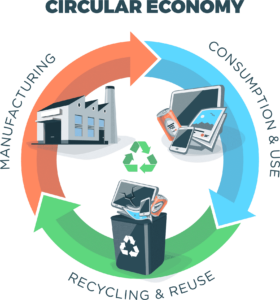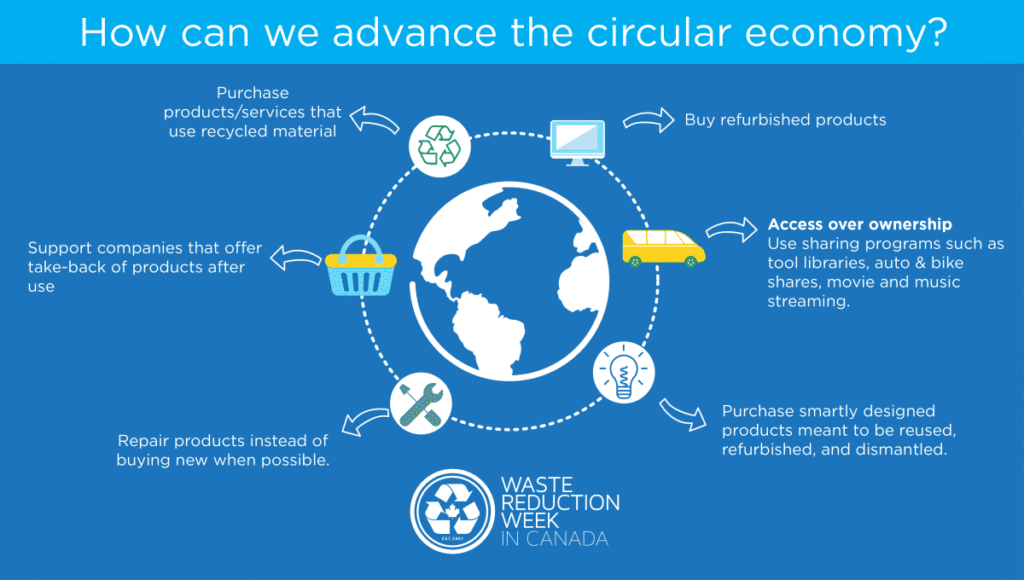The global issue of plastic pollution is in the forefront of headlines and reports. You can take action at home by reducing use and recycling but is there more that can be done?
While Recycle BC manages BC’s recycling program and helps educate residents to reduce and recycle packaging and paper, we also participate in initiatives that can support an effective plastics system like the New Plastics Economy initiative.
It’s exciting and encouraging to see other substantial advances in this area by others. In June, at the G7 Summit Canada tabled an Ocean Plastics Charter which calls on industry, governments, and communities around the world to take a circular approach to managing plastics. More recently, at the recent meeting of the G7 environment ministers in Halifax, Unilever Vice President & General Council at Unilever Canada, and Recycle BC Board Chair, John Coyne, and other sustainable thought-leaders launched the Circular Economy Leadership Coalition (CELC) with a mission to develop a national strategy to accelerate Canada’s circular economy.
What is the circular economy?

Products have historically been designed for convenience but with no consideration of the waste left behind or potential pollution caused by products or packaging that ‘leaks’ into the environment. Take a raw material, make something, use it, and dispose it; that is a linear economy. The solution is in the circular economy where we design products so resources can be reused and reinvested in new products again and again, preventing it from polluting the environment.
Recycling is an integral part of a circular economy. In order to reuse, recycle and recover materials, all stages of the lifecycle should be considered. The way to reuse and reinvest in new products again and again is to design for recyclability and to have the proper policies and infrastructure in place to support reuse and recycling.

“The current models of production, distribution and disposal need a radical transformation to enable a smarter, more productive cycle of productivity to emerge, one that will reveal both the economic and environmental benefits currently being overlooked. The CELC can kickstart the critical mass of support needed across businesses, government and civil society to allow this economic transformation to occur.” John D. Coyne, Co-chair, CELC, and Vice-President and General Counsel, UNILEVER Canada.
Read more about the CELC vision and mission here.


